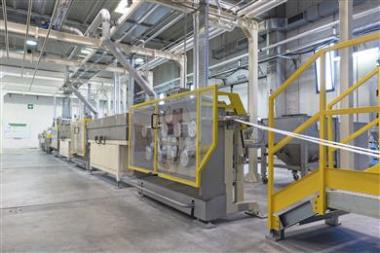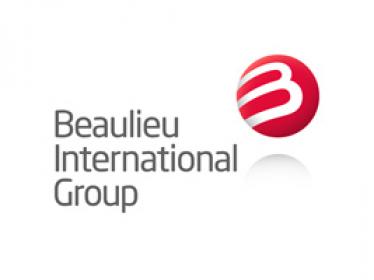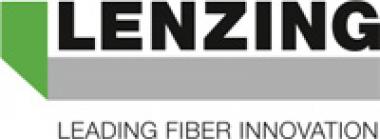Sateri Joins Fashion Industry Charter for Climate Action, Pledges Ambitious Climate Change Goals and Steps Up Industry Engagements
Shanghai - Sateri has signed the Fashion Industry Charter for Climate Action, becoming the first viscose producer in China to support this global fashion agenda. An initiative convened by the United Nations Framework Convention on Climate Change (UNFCCC), this charter calls on the fashion industry to support the goals of the Paris Agreement in limiting global temperature rise to well below two degrees Celsius above pre-industrial levels, by achieving 30 per cent aggregate reduction in greenhouse gas (GHG) emissions by 2030, including the supply chain.
Niclas Svenningsen, Manager of Global Climate Action, UNFCCC, said, “UNFCCC is excited to have Sateri joining the Fashion Industry Charter on Climate Action and committing towards global climate action as the first Chinese viscose producer to do so. We hope that it will inspire more textile companies from China to join and take action.”
As a signatory of the Charter, Sateri looks forward to participating in relevant Working Groups which bring together stakeholders and experts in the fashion and textile sectors. In recent months, Sateri has joined several other leading industry multi-stakeholder associations. These include the Sustainable Apparel Coalition (SAC), China Association of Circular Economy (CACE), and the European Disposables and Nonwovens Association (EDANA).
Allen Zhang, President of Sateri, said, “Sateri is committed to growing our business as sustainably as we can. Our adoption of the Fashion Charter goals is a bold leap but we believe that pushing the boundaries is necessary. We are also stepping up on our engagement with industry partners to be part of the collective action to accelerate efforts against climate change. As we formulate Sateri Vision 2030 for a sustainable business, carbon reduction will be one of our key focus areas”.
In addition to stepping up greenhouse gas emission reductions in its own operations, the company will continue to support decarbonisation efforts of the downstream textile value chain. Late last year, in collaboration with the China National Textile and Apparel Council (CNTAC), a Climate Leadership Whitepaper was published. The paper analysed how innovation in Sateri’s EcoCosy® fibre products help reduce carbon emission during yarn and fabric manufacturing stages, and also proposed next steps in achieving industry-wide emission reduction goals.
Sateri attained an ‘A-‘ score in CDP (formerly Carbon Disclosure Project) for Climate Change in 2019; a score which is higher than the ‘C’ average globally, in Asia, as well as in the Textiles and Fabric Goods sector.
Sateri viscose fibers Shanghai climate protection United Nations Framework Convention on Climate Change UNFCCC
Sateri
















